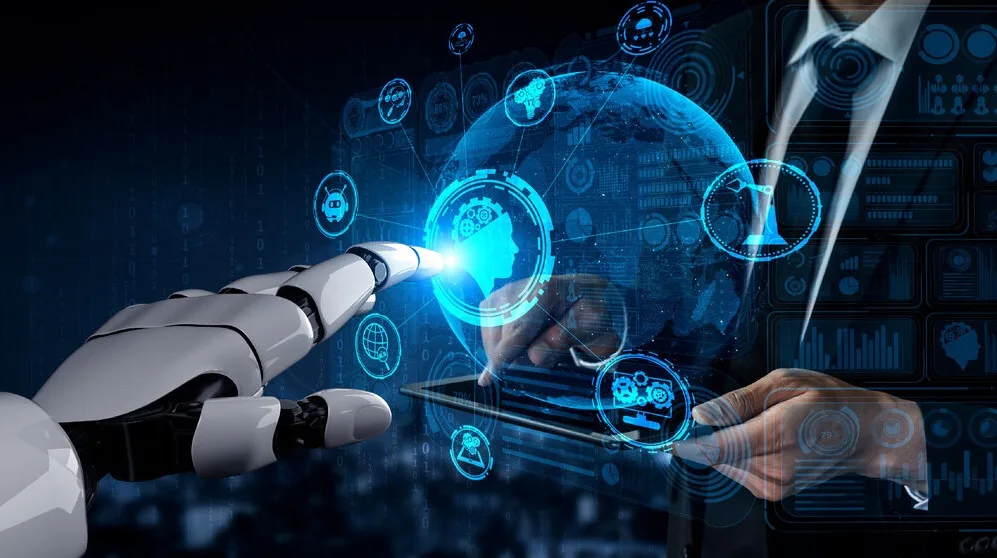For example, in drug discovery, AI can propose molecular structures that have never been synthesized before, potentially leading to breakthrough medications.
Advertisement
Challenges and Ethical Considerations
Despite its benefits, AI in science poses several challenges:
-
Bias and Errors: AI is only as good as the data it’s trained on. If that data is biased or incomplete, the conclusions may be flawed.
-
Lack of Transparency: Many AI models, especially deep learning networks, are “black boxes”—producing results without clear explanations, which can hinder scientific understanding.
-
Data Privacy: In fields like healthcare, ensuring that patient data is used ethically is paramount.
-
Reproducibility: Scientific conclusions must be reproducible. AI models that change with new training data can be difficult to verify or repeat.
To address these concerns, researchers are developing explainable AI (XAI) systems that offer insight into how decisions are made, and establishing ethical guidelines for responsible AI use in science.
The Future of AI in Science
The integration of AI into scientific research is still in its early stages. In the future, we can expect:
-
Autonomous labs, where AI controls experiments, gathers results, and adjusts hypotheses in real-time.
-
AI-assisted science education, helping students learn through personalized simulations.
-
Cross-disciplinary innovation, as AI helps connect concepts across physics, biology, and chemistry.
Perhaps most importantly, AI won’t replace scientists—it will empower them. It will handle the repetitive, data-heavy tasks, leaving humans free to focus on creativity, intuition, and ethical reasoning.
Conclusion
Artificial intelligence is not just a tool—it is becoming a collaborator in scientific discovery. By harnessing the power of machine learning and data analysis, scientists can make faster, more accurate, and more impactful discoveries. The synergy between human curiosity and artificial intelligence may well define the next century of science, unlocking mysteries we haven’t yet dreamed of.

